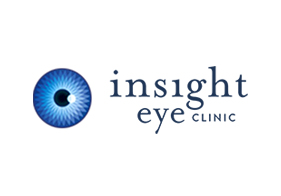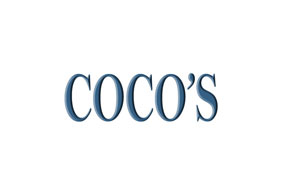One of the key principles of digital marketing, and indeed any kind of marketing, is that, for a campaign to have any chance of success you must know the audience that you are targeting.
The greatest ad copy, most exceptional products and services, or lowest discounted prices will be for nothing if the marketing messages are not being seen by those most likely to need or want what is being promoted.
This is why so much time and effort is spent by marketers researching what specific audiences react positively to, especially when it comes to marketing messages. One of the ways this is done is to compartmentalise sections of the population by age. This goes a stage further by giving each of the age groups a title. Here are how those groups are most usually labelled and their respective years of birth.
- 1928 – 1945: Silent Generation
- 1946 – 1964: Baby Boomers
- 1965 – 1980: Generation X
- 1981 – 1996: Millennials
- 1997 – 2012: Generation Z
- Early 2010s – Early 2020s: Generation Alpha
The group which is currently attracting a lot of attention from businesses of all kinds is Generation Z. These are individuals who were born in the final years of the 20th century and the first decade or so of the 21st century, and there are key reasons why this group is receiving so much focus.
The first is this is the first age group whose entire lives have been lived during the digital era and who have never known a world without smartphones, digital media, and the internet. As we write in the early 2020s this group will be aged between 10 and 26 and thus in a period of their lives where their wants and needs are not only significant, but changing dramatically as they move from childhood, through their teenage years, and into early adulthood.
Research also shows that Generation Z tends to have the traits listed below and this provides valuable information for those planning a digital marketing campaign.
- Highly Dependent On Digital Technology
- Very Active Online, And On Social Media Especially
- High Interest In Music And Gaming
- Very Conscious Of Reviews And Use Them To Make Buying Decisions
- Accepting Of The Differences In Others
- Tend To Be Open Minded And Willing To Listen To Other Opinions
- Highly Aware Of Trends And Follow Them
- Have A Desire To Make A Positive Impact On Others
- Look For Quality And Are Also Very Brand-Aware
Based on these, and other research relating to Generation Z, here are three important digital marketing strategies that are proven to achieve positive results when marketing to this group.
#1 – Social Media Must Play A Role: Generation Z spend, on average, between 4 and 5 hours per day on social media, and the platforms you are most likely to find them on are Tik Tok, Instagram, and YouTube.
#2 – Content Must Be Interactive And Engaging: Generation Z loves content that they interact with. Examples include polls, quizzes, and infographics. Given their strong awareness of brands, branded content also works well.
#3 – Video Is A Must: YouTube is one of Generation Z’s favourite websites, so it follows that video should play a significant role in any digital campaign targeted toward them. Again, it must be engaging rather than bland, short videos work better than long videos, and videos should be sharable, as Generation Z are the sharing generation.























